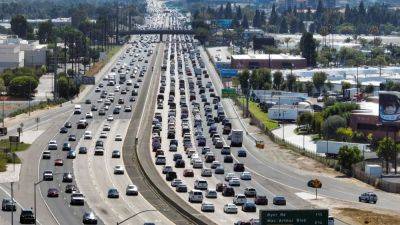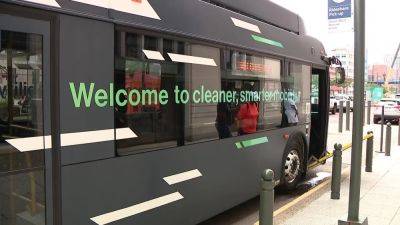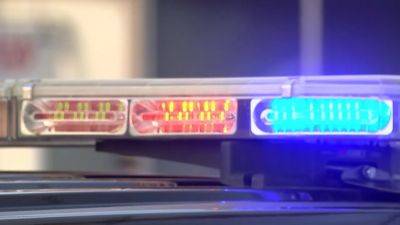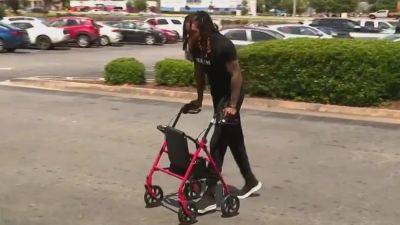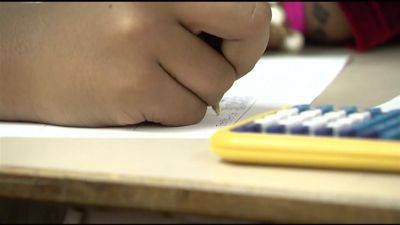Jeffrey Epstein’s death: New details revealed about jail suicide by AP
Jeffrey Epstein sat in the corner of his Manhattan jail cell with his hands over his ears, desperate to muffle the sound of a toilet that wouldn’t stop running.Epstein was agitated and unable to sleep, jail officials observed in records newly obtained by The Associated Press.
He called himself a “coward” and complained he was struggling to adapt to life behind bars following his July 2019 arrest on federal sex trafficking and conspiracy charges — his life of luxury reduced to a concrete and steel cage.The disgraced financier was under psychological observation at the time for a suicide attempt just days earlier that left his neck bruised and scraped.
Yet, even after a 31-hour stint on suicide watch, Epstein insisted he wasn’t suicidal, telling a jail psychologist he had a “wonderful life” and “would be crazy” to end it.On Aug.
10, 2019, Epstein was dead.Nearly four years later, the AP has obtained more than 4,000 pages of documents related to Epstein’s death from the federal Bureau of Prisons under the Freedom of Information Act.
Read more on globalnews.ca
















